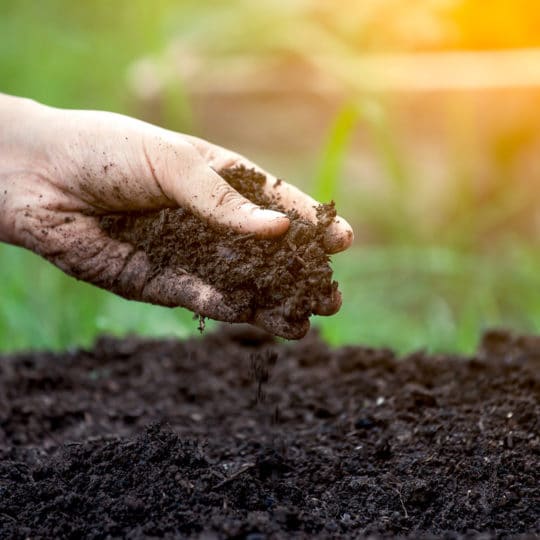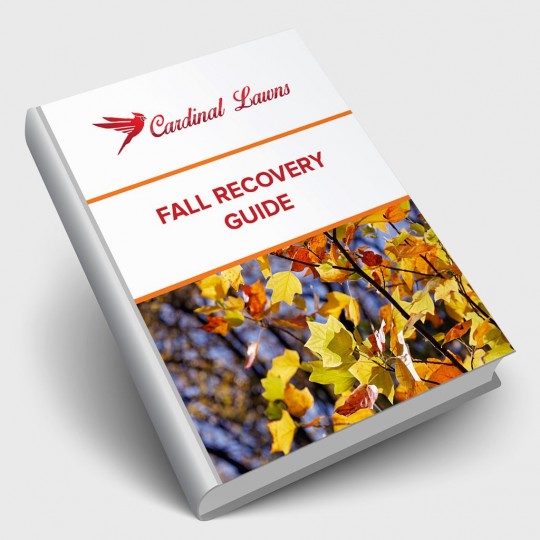How Important is Soil Testing?
What it Says about Plant Health
Posted
February 27, 2025

Have you ever tested your soil? If not, you may be missing out on important information that could help improve plant growth, protect the environment, and save you money.
What is Soil Testing
There are a few ways you can test your soil. There are mail-in test kits, pH meters, and DIY methods to help determine the current nutrient levels and pH balance of your soil. With this information, you’ll have a better understanding of what minerals may be lacking and/or if the ground could be contaminated by excess fertilizer. Then you can work to improve the natural balance of the soil, thereby optimizing plant growth and conserving energy and money by using the appropriate amount of fertilizer.
What Does it Measure
When you test your soil, you’re measuring four main factors:
- pH level. Different plants require different levels of acidity. It’s important to adjust nutrients to ensure the soil doesn’t become toxic for a particular plant. You can adjust levels by adding minerals or fertilizer to increase or decrease pH.
- Nutrients. Just as humans need certain nutrients, plants are healthier when they have enough phosphorus, potassium, calcium, magnesium, and other mineral content.
- Texture. The size of soil particles determines if your soil is more clay, sand, silt, or loam. This effects which plants will grow best in your soil.
- Moisture. All plants require some form of hydration, but some prefer more than others.
Keep in mind that soil changes over time. This is why it’s recommended to test your soil every few years, especially if you’re about to grow something new. You also want to test your soil if you’re having trouble growing anything.
Benefits of Tested Soil
It may be an additional step to take in maintaining your lawn and garden, but it’s one that has a number of benefits for you, your plants, and the ecosystem.
- Improve plant growth. When you identify nutrient deficiencies and pH levels, you can choose the right fertilizers and amendments to improve the growing environment.
- Protect the environment. When you know exactly what your soil needs, you’re more likely to avoid over-fertilizing, which can lead to runoff and water contamination.
- Save money. Spend less on fertilizer and amendments your soil doesn’t need. Also, your plants have a better chance of thriving in the right soil, so your time and money for seeds, seedlings, and other gardening equipment won’t go to waste.
If you’re unsure of the right method for testing your soil and providing the best foundation for your plants, reach out to the experts at Cardinal Lawns. Not only we help treat your lawn and plants based on current soil conditions, we can also apply fertilizer to the root zone to help stimulate healthy growth. Call 614-808-4446 to schedule a consultation or treatment to prepare your lawn and garden for the growing season.

Download Your FREE Fall Recovery Guide
Summer’s extreme conditions can take a toll on your grass and its health. Take some time to learn how to bring your lawn back to life. This handy guide teaches you what needs to be done for a full fall recovery.